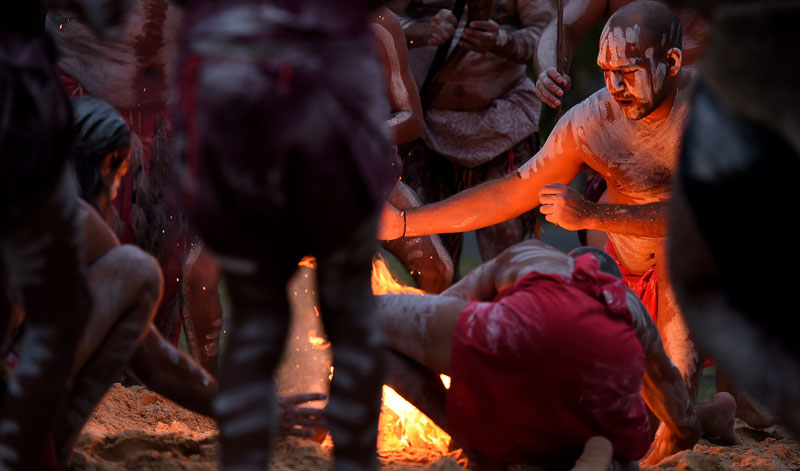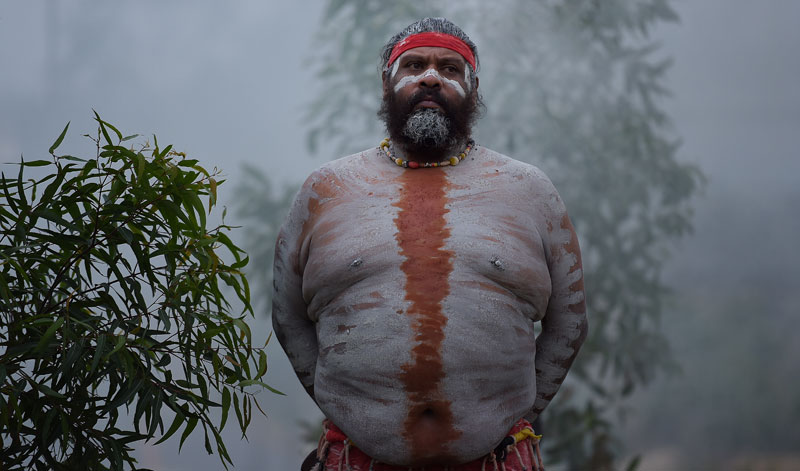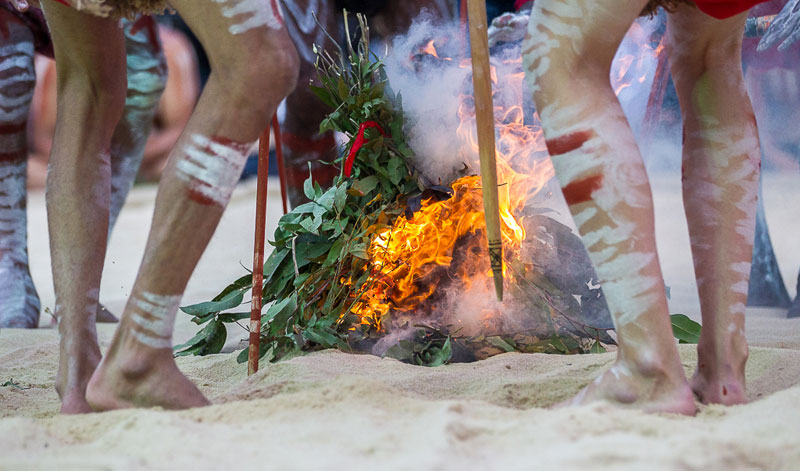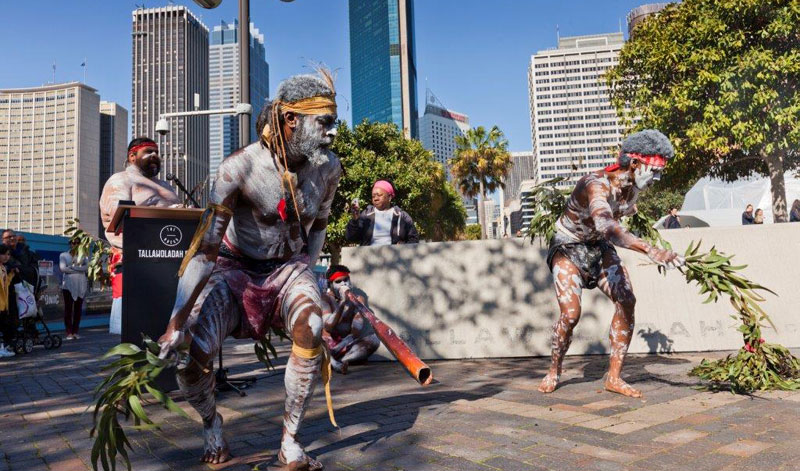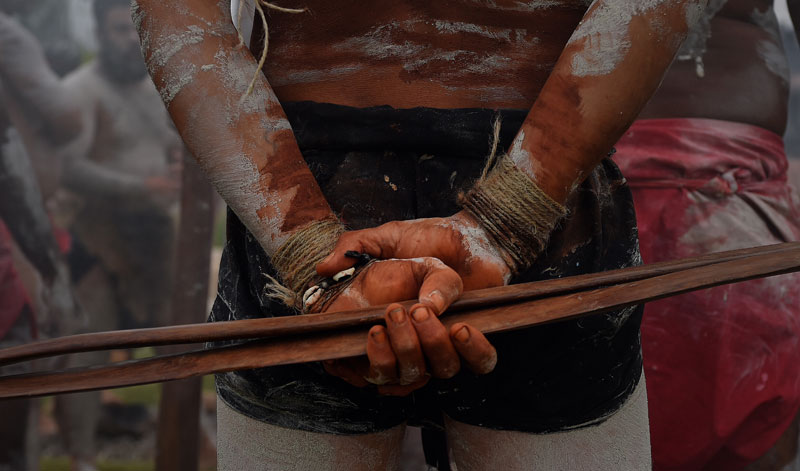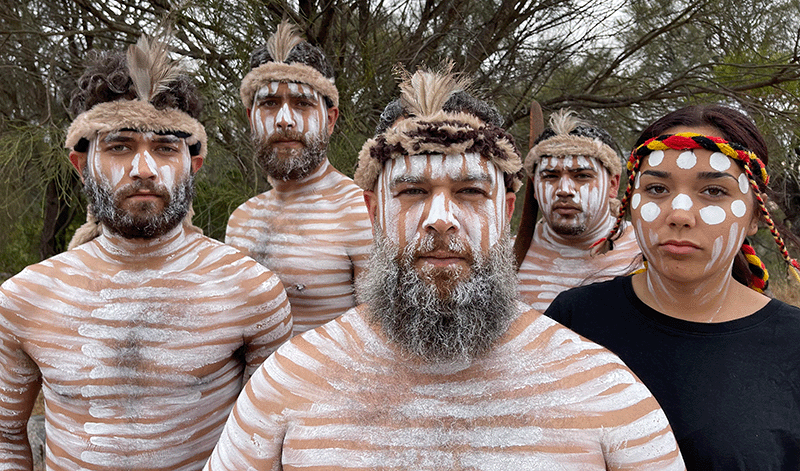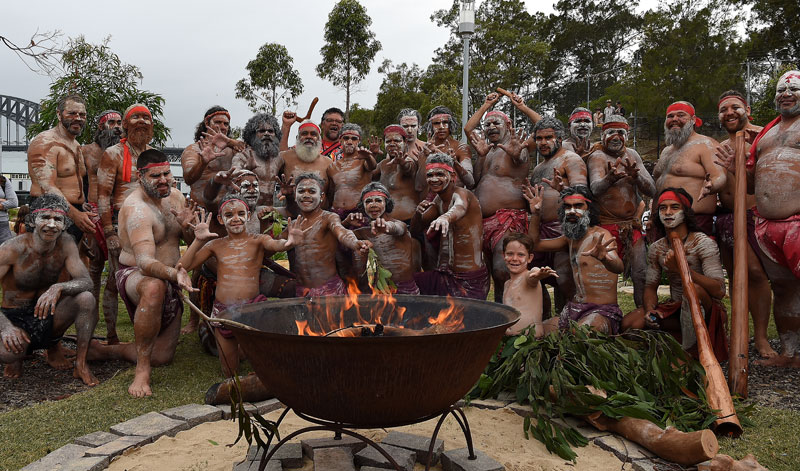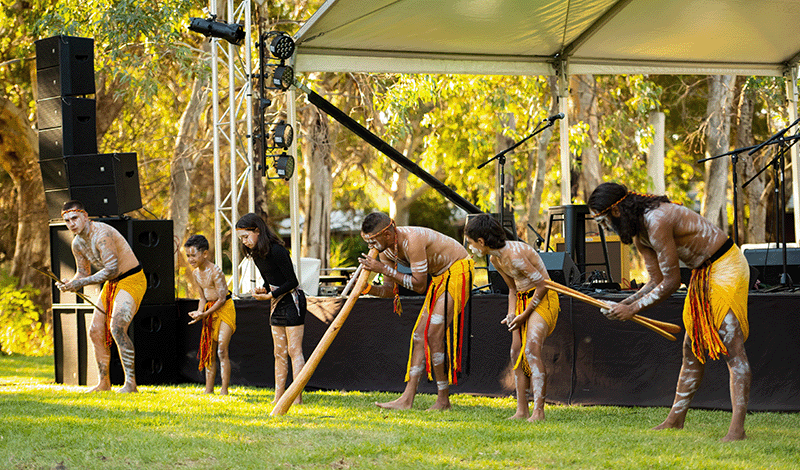
In Aboriginal Australian medical practices, emu bush (Eremophila longifolia) is highly prized for use in smoking, and scientific research has supported its use as an anti-bacterial, antifungal and antioxidant substance. The leaves of the emu bush are placed on hot embers to produce wet steamy smoke, which kills bacterial or fungal pathogens. This can be of benefit for someone who is sick, to prevent spread of sickness, and for use in childbirth.
There are many different plants used in smoking ceremonies and for medicine. The type of leaf used for smoking varies by region and availability, but can include peppermint, cauliflower bush, eucalyptus and sandalwood. Smoking ceremonies are used for burial, celebration, healing and cleansing, and are also a gesture of goodwill, bringing people together; performing the ceremony for another is a gift and a blessing.
Smoking ceremonies can also be a way of connecting with country by speaking to and acknowledging the ancestors or ‘Old People’.
Most smoking Ceremonies are delivered on an aboriginal Coolomon to help contain the eucalyptus leaves and work brilliantly for inside events the require a smoking ceremony. Our aboriginal facilitators are masters at containing the smoke at indoor events, high security events and during bushfire season.
Click here for our Smoking Ceremony Risk Assesment
On occasions when our clients cannot gain the nesseary permissions to perform a smoking ceremony inside, we have a continency plans that include performing teh smoking at the entrance of the building as your team walks in.
What if my buliding wont allow smoke??
We also perform a non smoking cleansing ceremony performed with a eucalypus branch sweeping motion and cleansing dance as our performers dance through to your event. This is very effective.
